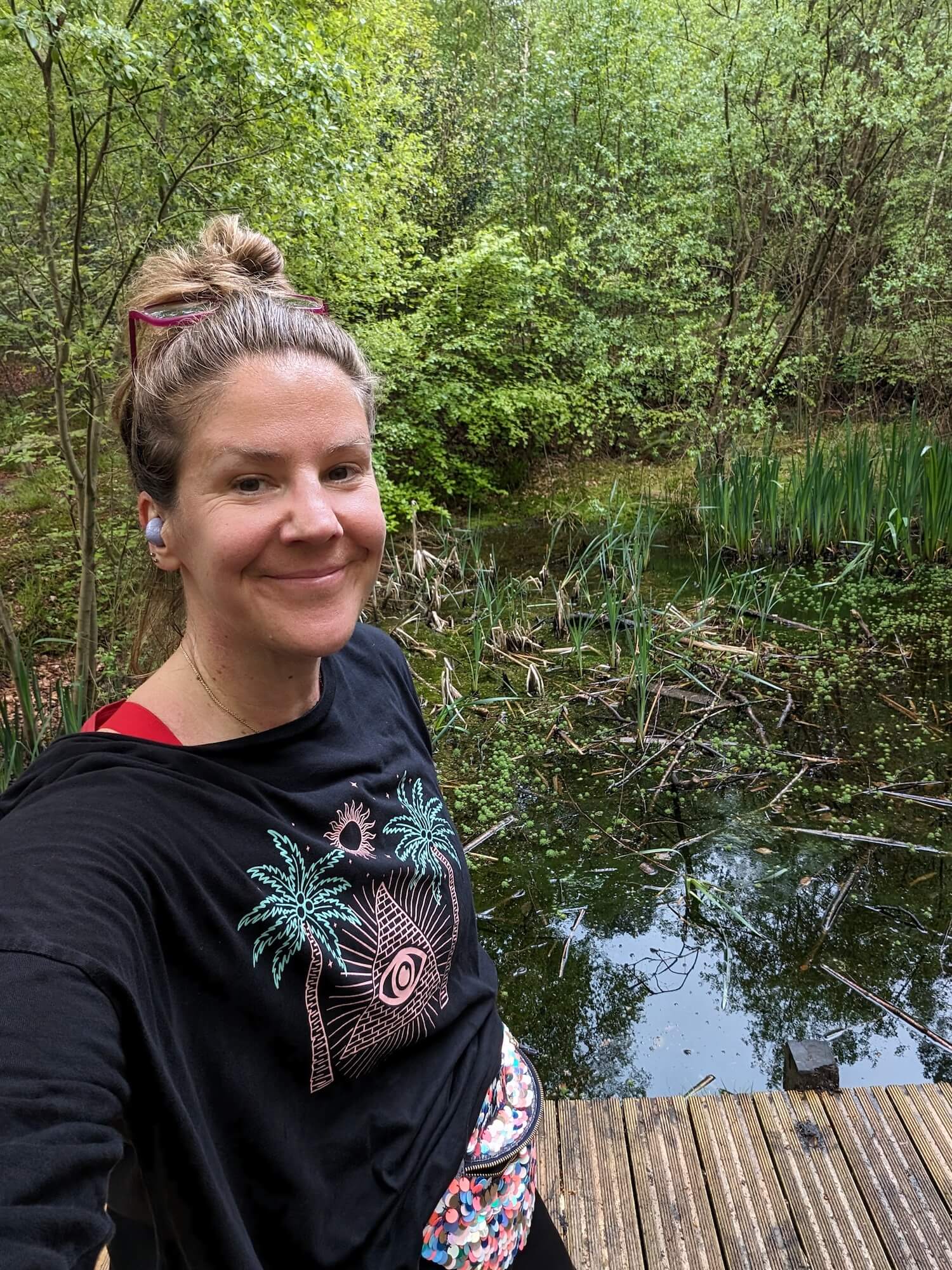
Join my monthly email! Sign up
Join my monthly email! Sign up
We need to look after our general wellbeing more than ever these days. There’s just so much out there to threaten our happiness and sense of self. Here’s where I try to make sense of the world, using my toolkit of yoga, positive thinking, quotes and affirmations.
I hope they help you to stay mentally strong through travel, so you can enjoy your experiences as much as possible. There’s also a few spa reviews in here – we deserve a day off!
I’m a positive person, most of the time – and productive too. I wanted to share some of the best wellbeing tips and tricks I use to keep it that way.